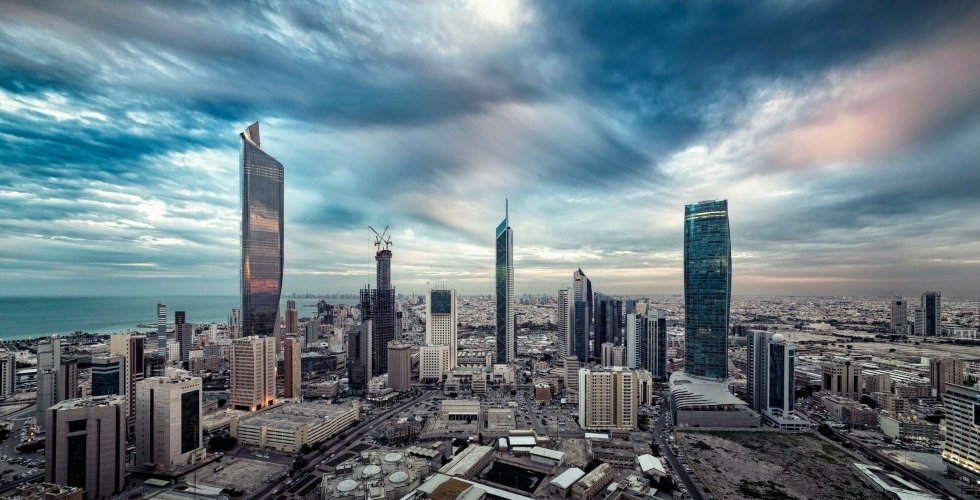Joeri works with leading global e-tailers, providing the solutions that will help them maximise the opportunities that come from the boom in cross-border sales.
Q&A with Joeri Groenewoud
Business Development Director, Global e-commerce Accounts, Asendia
It’s been a year like no other for the e-commerce/ multichannel sector. How well has the industry adapted on a global basis?
The industry has always been very agile and adaptable to change, notwithstanding that every time you think you have caught up, something new happens. Yet such constant volatility means that costs can increase, making it a real challenge for brands and retailers to stay profitable. Now, more than ever, we need technology-driven solutions such as Artificial Intelligence to support us in better understanding our customers’ needs.
What trend or development do you think businesses should be taking more notice of?
There has been a growing shortage of raw materials. Production was very limited during the Covid-19 lockdown period and coming out of that has impacted sales across almost all verticals. You regularly hear in the media about shortages in the construction industry – especially wood – or that a shortage of microchips has led to limited stocks of the iPhone. All of these shortages have had a knockon effect on the e-commerce sector.
Which global delivery trends do you predict for 2022 and beyond?
The main trend continues to be a focus on sustainability, especially regarding last-mile delivery. With big players like Amazon, but also postal operators like our parent company La Poste, investing in electric cars, greener last-mile deliveries have become a priority for everyone in e-commerce. The popularity of PUDO – pick-up and dropoff – and lockers will likely continue as more and more people value the flexibility of different delivery options. Nowadays, delivering what you promise, at the right price point, is often more important than the speed you do it.
What impact will the growing awareness of sustainability have on the global e-commerce market?
This will have a major impact as companies try to figure out how to best organise their supply chain model from factory to consumer. There is a lot to weigh up and consider, such as comparing the benefits and costs of, for example, local hubs versus regional hubs, or air freight versus ocean freight. Finding sustainable solutions for returns and recycling will dramatically transform how e-commerce operates. It’s an exciting time.
Read more in our free guide to global e-commerce.




/Landing%20Page%20Images/Yellow%20line.png?width=74&name=Yellow%20line.png)


